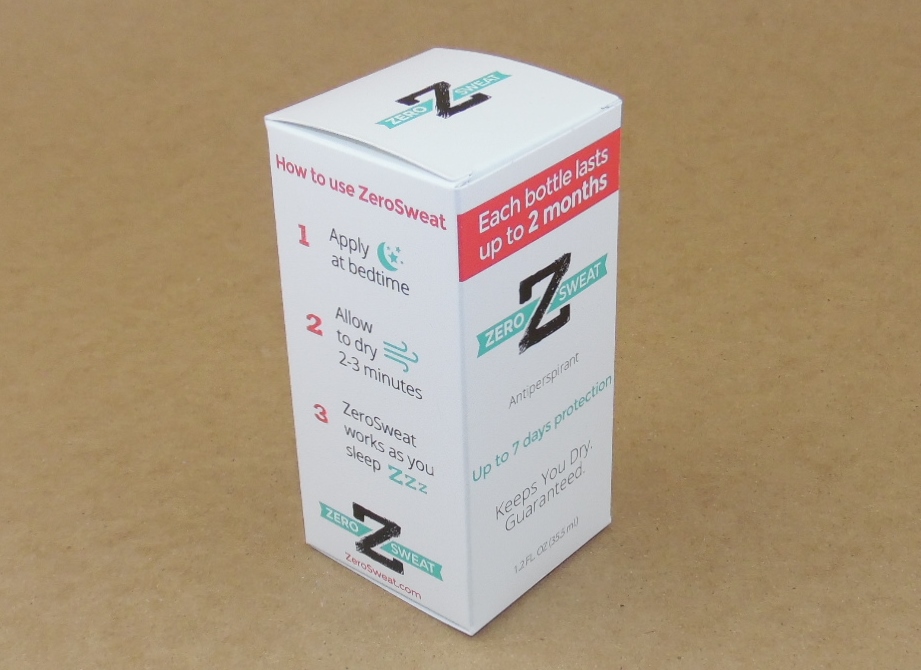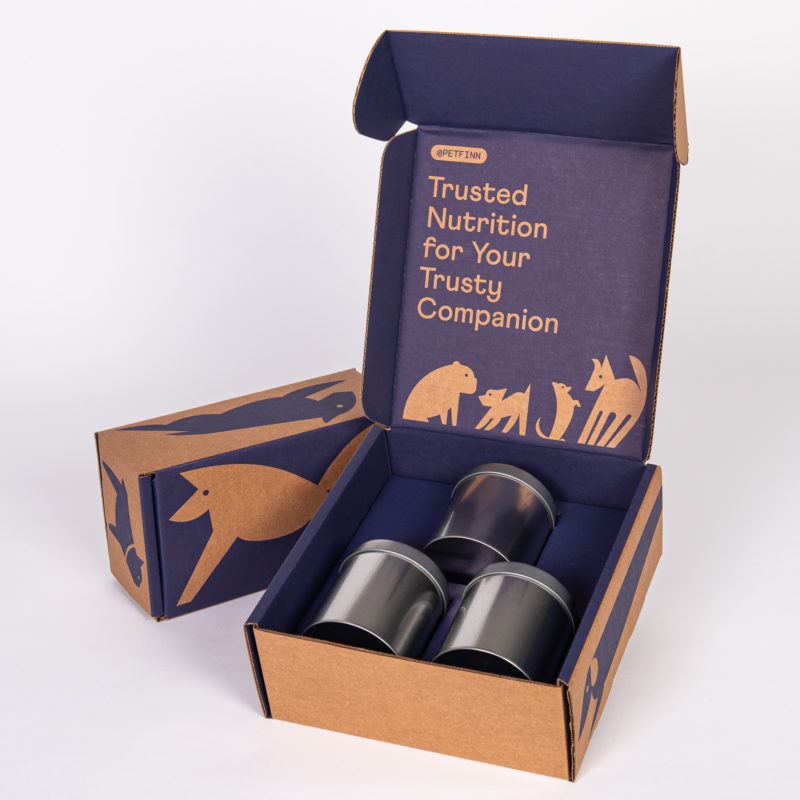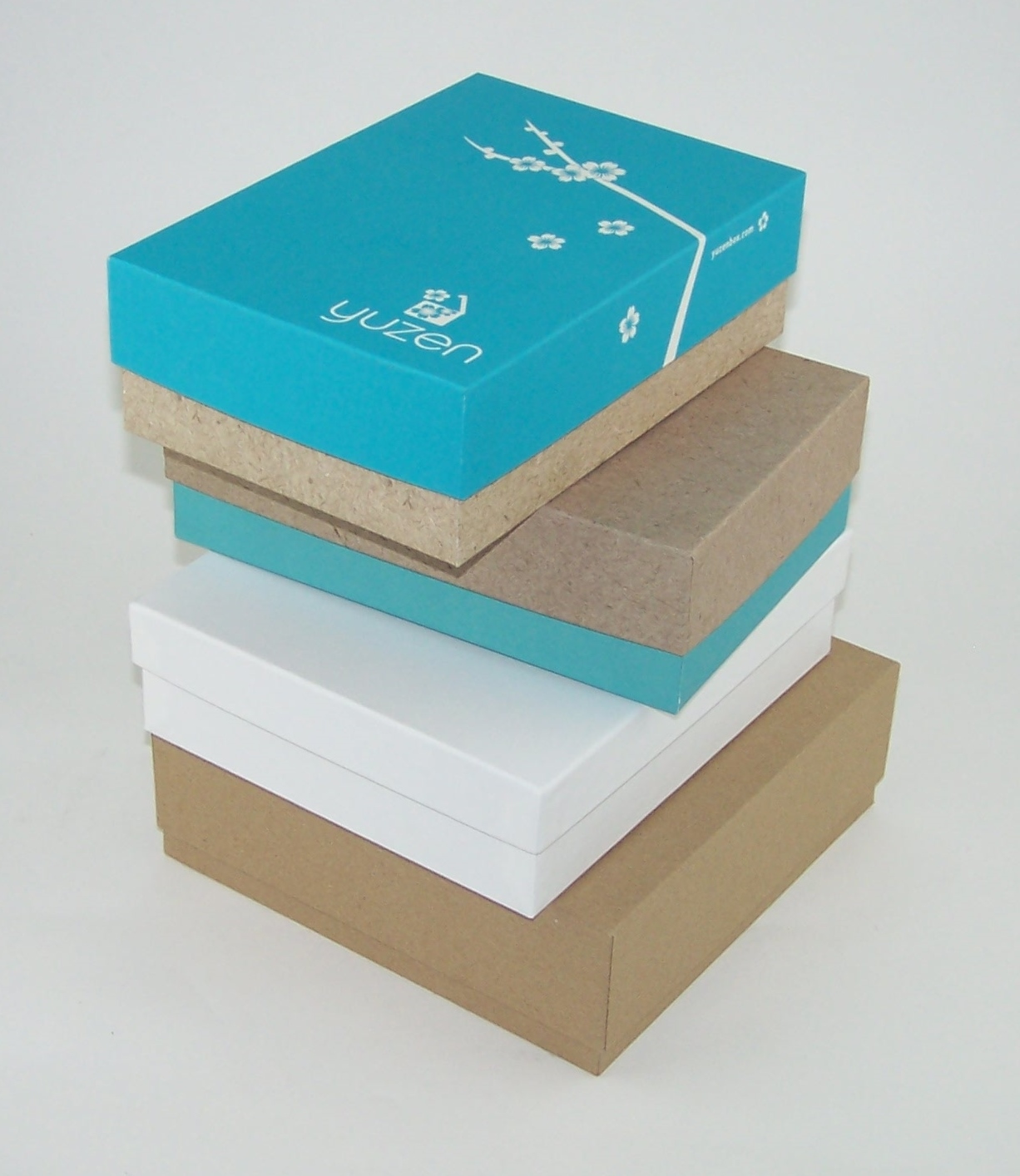
by Dennis Salazar | Oct 11, 2017 | Information Center, Sustainable Products
The Difference Between Boxes and Cartons The packaging industry is filled with a variety of terms; some are interchangeable, and some are not. There is also a lot of information available on the internet and not all of it is accurate so we are not surprised when we...

by Dennis Salazar | Sep 4, 2017 | Inside Sustainable Packaging, Information Center, Sustainable Products
Printed Die Cut Corrugated Inserts for Ecommerce and Subscription Boxes We are one of the largest printers of high end corrugated shipping containers in the country, leading the trends such as printing inside the box when most companies’ idea of branding is printing a...

by Dennis Salazar | Jun 8, 2017 | Information Center, Salazar News
Happy Birthday Inside Sustainable (and Branded) Packaging Our blog on the web is turning nine years old next week and we would be remiss if we did not celebrate it. After all, it is that communication tool that we credit for much of our unprecedented growth and our...

by Dennis Salazar | Apr 7, 2017 | Information Center, Sustainable Products
Buyers Guide for Rigid Boxes for E-Commerce and Subscription Applications They are known by many names including rigid wall boxes, set up boxes, two piece boxes, and even telescoping boxes. They are made of paperboard, not corrugated board, and have been used in the...

by Dennis Salazar | Mar 27, 2017 | Information Center, Salazar News
Salazar Packaging Celebrates 10 Years I could share a lot of history about our unique company we started ten years ago in the dining room of our home, but I realize it does not really matter to anyone but those of us who have lived it. What is important is that thanks...






